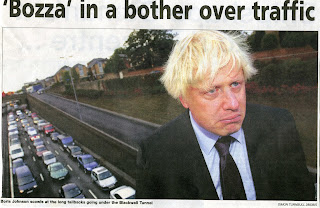As the wealth divide in Britain deepens, half of all adults in the UK are financially vulnerable, with a growing wealth gap between young and old. Millions are having to resort from friends and family to make ends meet. This is not the view of a left-wing think tank, but of the Financial Conduct Authority.
Financial Lives is the FCA’s largest tracking survey of consumers and their use of financial services, drawing on responses from just under 13,000 UK consumers aged 18 and over. The aim of the survey is to provide the FCA with unique insights into people’s experiences of retail financial products and services. The findings will help the FCA meet its objectives.
The survey collects information about the financial products consumers use and their attitudes to managing their money. It covers their experiences of using financial products and services, as well as their experiences of dealing with the firms that provide them. The report tells the financial story for six different age groups to show key themes at each life stage, from those 18-24 to those 65 and over.
50 per cent of UK adults (25.6 million) display one or more characteristics that signal their potential vulnerability – they may be at increased risk of harm, or would suffer disproportionately if harm occurred. Potential vulnerability does not mean all people with these characteristics will suffer harm. For all age groups the proportions showing characteristics of vulnerability are around the national average of 50 per cent, except that for those 75 and over the proportions showing vulnerable characteristics are higher: 69 per cent for the 75s and over, and 77 per cent for the 85s and over.
The highest proportion (77 per cent) of those with these characteristics are among the unbanked, and among the unemployed who are looking for work. Women account for the larger number of those with these characteristics, compared with men (46 per cent or 11.7 million), as 53 per cent of UK women (or 13.9 million) are potentially vulnerable.
Looking at the survey results from an age group perspective, the data reveal some interesting characteristics of UK consumers:
- Single parents aged 18-34 are 3 times as likely to use high-cost loans: 17 per cent compared to the UK average of 6 per cent.
- The FCA describe 13 per cent of 25-34 year olds as being in difficulty, because they have missed paying domestic bills or meeting credit commitments in 3 or more of the last 6 months.
- Just 35 per cent of those aged 45-54 have given a great deal of thought as to how they will manage in retirement. Those aged 65 and over are least likely to check if an internet site is secure before giving their bank or credit card details.
There have been rumours circulating about possible measures to be taken in the Budget by the Chancellor to offset the intergenerational divide. The very generous tax reliefs on pensions for contributors of pensionable age could be curtailed. Stamp duty might be eliminated for younger purchasers of cheaper properties. However, arguably these measures are tinkering at the edges.
You can read more about the report here: Financial Lives

